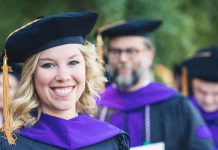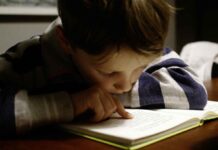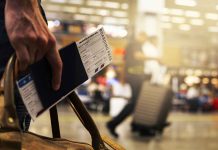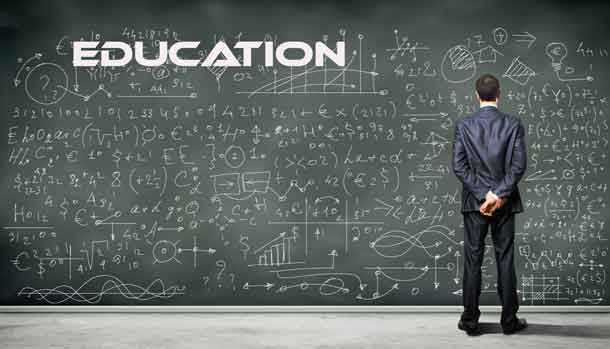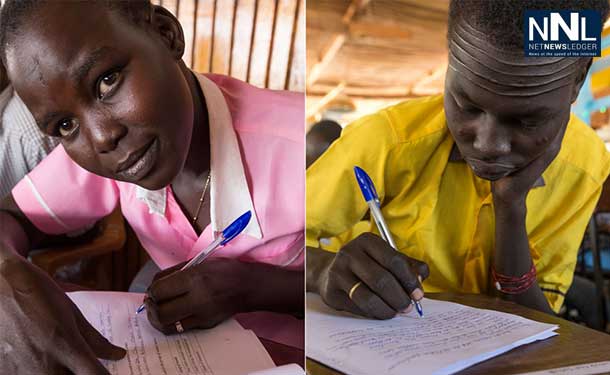

Exams Continue in South Sudan
GENEVA – International News – Students in South Sudan are not leaving school behind them. Just like students in Thunder Bay and across Ontario are getting set for end of the Semester Exams, so too are students around the world. Writing exams in a war zone put extra pressure on students.
In South Sudan, the United Nations is helping students continue their education.
The United Nations in South Sudan are assisting hundreds of students to complete their primary education this week by sitting for final exams that were disrupted when fighting broke out between anti- and pro-Government forces.
More than 400 student, ranging in age from 14 years up, have started to take their Primary School Leaving Examinations (PSLE) at the UN compound in the capital Juba. The week-long exams originally scheduled for 16 December last year, started on January 14 2014.
Supporting literacy and education
UN and partner organizations have been working in support of community elders and teachers to prepare the students to take those exams, including locating rooms for the exams. In one of its compounds, UN staff transformed the social centre, a place for staff to relax after work, into a makeshift exam hall with desks closely placed in near rows flanking a faded snooker table.
“The exam is not really difficult, but the fighting and displacement have made it very hard for us,” said Balong Miet, 18, who is seeking refuge at UN peacekeeping compound’s (UNMISS) Tomping camp.
Speaking to UNMISS after the first day of exams, she called on warring sides to end the violence which has killed thousands of people since 15 December 2013, after President Salva Kiir said soldiers loyal to former vice-president Riek Machar, dismissed from office in July, launched an attempted coup.
The fighting has also displaced some 230,000 people, more than a quarter of whom are seeking refuge on UN bases.
Among them, Gatluak Tuong Gatluak, who told UNMISS that he was not able to focus on the exams: “It is hard, especially for those of us who lost our relatives to the fighting in Juba.”
“We don’t even have a good place to read and sleep,” he added.
Adult Literacy Rate 27% in South Sudan
South Sudan’s adult literacy rate stands at 27 per cent, the UN Educational, Scientific and Cultural Organization (UNESCO) reported.
Seventy per cent of children between six and 17 years old have never set foot inside a classroom and only one in 10 children complete primary school, according to the local UN Children’s Fund (UNICEF) office, which is supporting the exams.
Hastin Anisio, who is the Minister of Education in the Central Equatorial State, in which Juba is located, said that despite the challenges, he is pleased the youth had an opportunity to write the exams. The hope is that when the displaced people leave the UN camp, they will have a greater opportunity to improve their lives.


